CSPO News In the Press
-
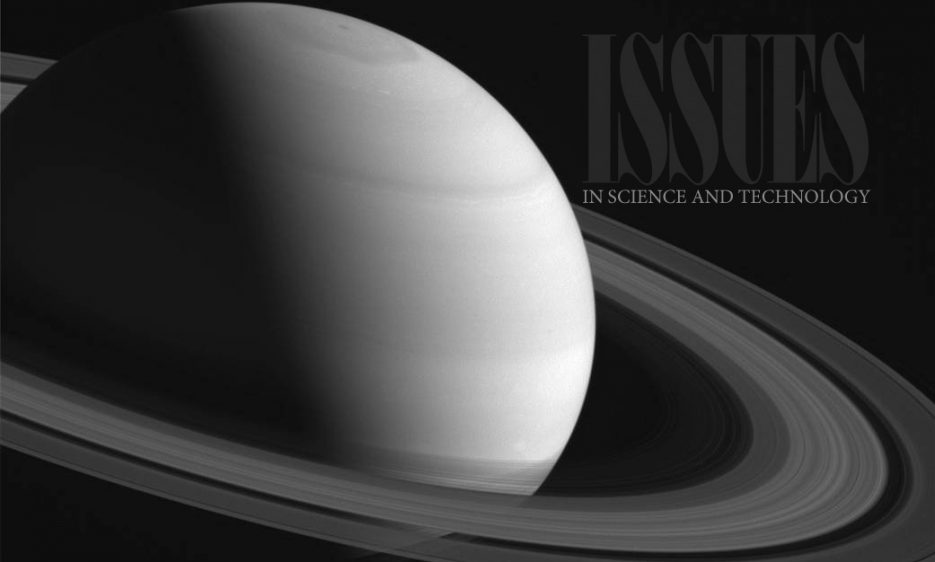
Summer 2016 Issues in Science and Technology
The latest "Issues in Science and Technology" examines new frontiers of space policy, pricing ecosystem services, dysfunction on the Chemical Safety Board, and more.
The Summer 2016 “Issues in Science and Technology” tackles everything from space policy reforms to combatting the next global pandemic.
-
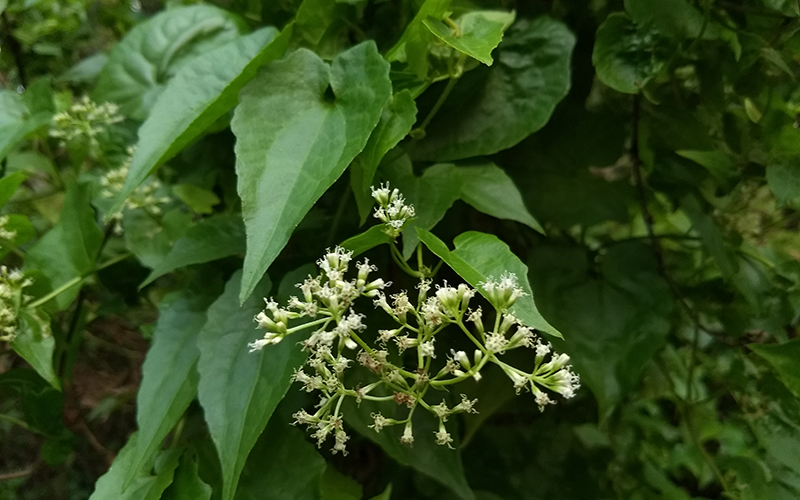
What an Invasive Species in Nepal Teaches Us About Climate Adaptation
ASU-led research in Nepal offers insights into how communities worldwide can deal with climate challenges.
In a new piece for Slate‘s Future Tense channel, Netra Chhetri and Jason Lloyd argue that addressing current environmental challenges, like invasive species, will help communities better adapt to a warmer future.
-
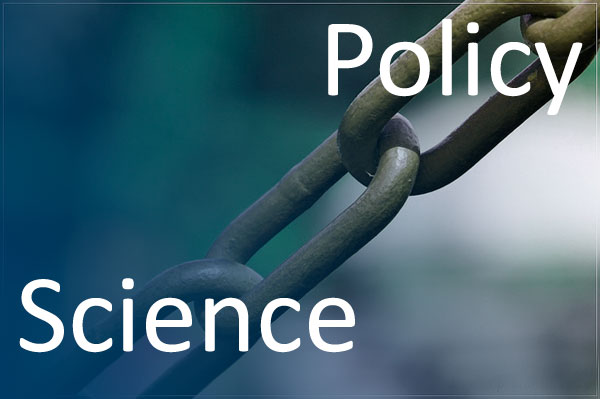
CSPO ranked among top S&T think tanks
The Consortium for Science, Policy & Outcomes has been ranked tenth worldwide among science and technology think tanks.
The Consortium for Science, Policy & Outcomes (CSPO) at Arizona State University has been ranked tenth worldwide among science and technology think tanks in the recently issued 2015 Global Go To Think Tank Index Report. In the ranking, CSPO is the top university-based Science and Technology think tank in the US.
-
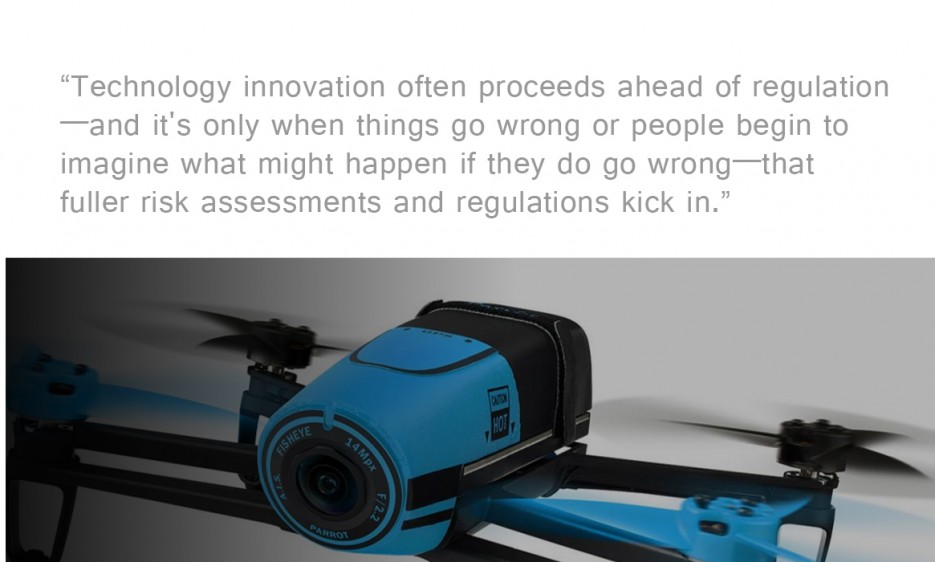
Q&A on risks and regulations of drone technology
with Andrew Maynard
Andrew Maynard, Director of the new Risk Innovation Lab, addressed some of the challenges in developing regulations for technology already in use—namely drones. Questions of privacy, safety and responsibility come to the fore in this Q&A with one of CSPO’s prominent thinkers.
-
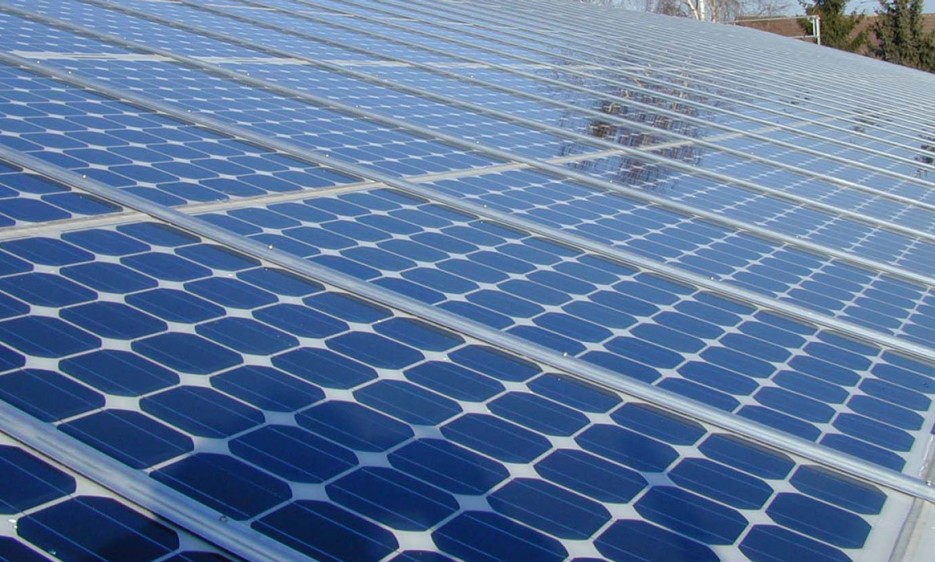
Managing the complexities of power supply, demand
STIR Cities - new NSF-funded project
While innovations are helping to create “smarter” grids that enable utilities to better monitor, manage and adapt to these changing energy flows, innovations also introduce new issues related to citizens’ rights and responsibilities when it comes to consuming and producing power.
-
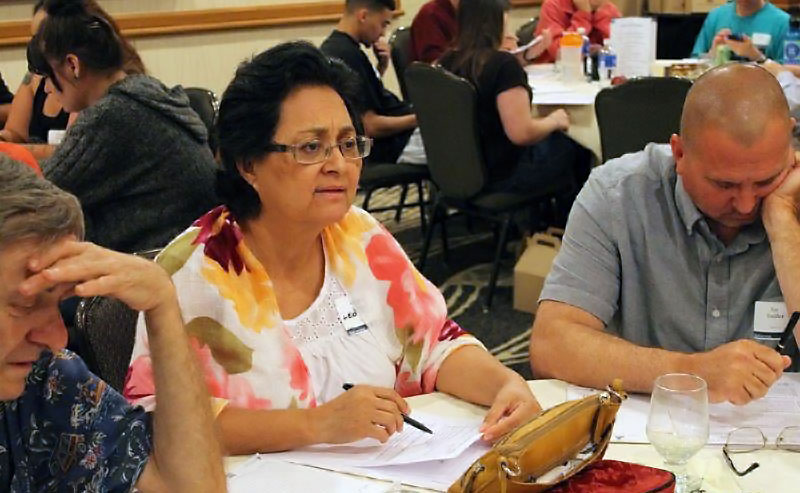
World Wide Views 2015
Arizona joins voices from around the world to share concerns on climate change
As part of the largest ever citizen deliberation on climate and energy, Arizona State University, led one of 96 daylong debates across the globe that compiled views of approximately 10,000 “ordinary” people.
-
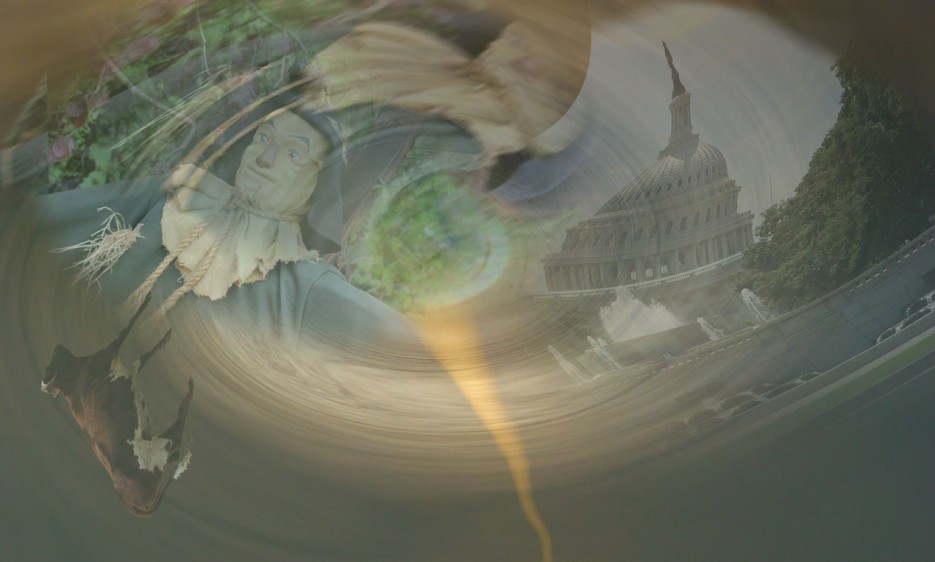
There’s No Place Like Home
Science, information, and politics in the Anthropocene
“…remaking the relationship among humans, our knowledge of the world we inhabit, and the relationship between that knowledge and the choices we make about how to try to make the world better.”
This article is part of Future Tense, a partnership of Slate, New America, and Arizona State University. On Thursday, Jan. 15, Future Tense will hold an event in Washington, D.C., titled “How Will Human Ingenuity Handle a Warming Planet?” For more information and to RSVP, visit the New America website.
-
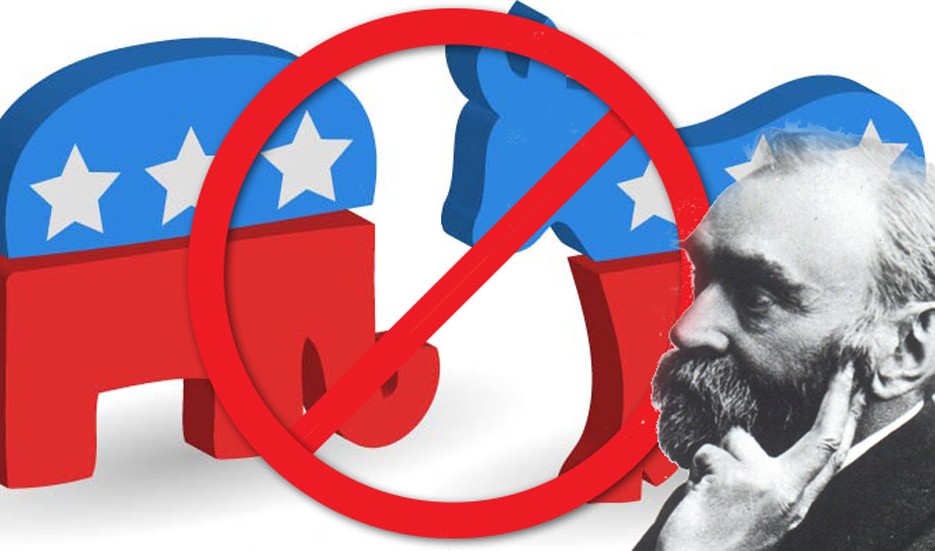
Science should keep out of partisan politics
Worldview column in Nature by Dan Sarewitz
The Republican urge to cut funding is not necessarily anti-science, and the research community ought not to pick political sides, says Daniel Sarewitz.
-
Where Are Today’s Engineering Heroes?
CSPO Professor of Practice Gregg Zachary’s cover story in IEEE Spectrum launches a new public crusade: Engineering needs more heroes.